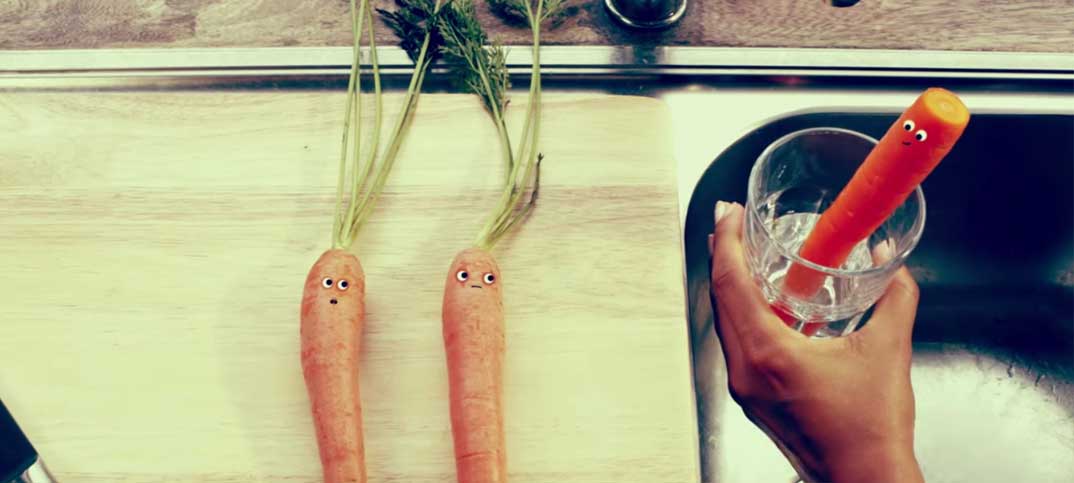In partnership with trendy media company Huffington Post, supermarket Sainsbury has set up a website to blend consumers’ hunger for food news, recipes and entertainment.
Homemade is like a customer magazine handed out in-store – except that it is a website.
Homemade tells the public it is a “masspirational food network serving up mouth-watering content every day”. Homemade is your food friend, says editor-in-chief Joely Carey. At the top Sainsbury’s appears to be a sponsor. Its control is only made clear at the very bottom next to a copyright logo.
This is soft power at work. A mix of entertainment and lots of free content to build consumer confidence in your brand’s world view.

Which raises the question of what can local retailers do to fight back. A question that Jim Fox, associate director of Coca-Cola Enterprises, was keen to put to retailers earlier this month at the NFRN conference.
His employer, CCE, is the bottler in the UK for the Coca-Cola Company, which owns the secret recipe for the cola drink and the marketing proposition to consumers. In the UK the bottler contributes a lot, he says. More than £1.3billion in taxes and it operates six factories.
It can also see that a lot of people are worried about obesity and sugar and lobby groups are promoting soft drink taxes.
Coca-Cola needs to fight back but knows that people will expect it to say things like “soft drink taxes don’t make sense” and “these are not bad foods”. There are lots of threats. The Daily Mail has said that sugar is the new tobacco.
Fox knows how soft power works. Proposals to ban till point display of confectionery sound great, he says. The supermarkets are happy with this because they know it is a measure they can take. But it discriminates against small shops, says Fox, because every part of your store could be near to the till.
Similarly, proposals for deposits if consumers return drink containers to the point of purchase sound OK if you’re a supermarket with plenty of car parking space. But for smaller retailers it could be a nightmare. And the whole industry has been engineered over the years to not collect bottles back at the factory.
Doing some quick maths, Fox says that if each local store can get 200 shoppers to back a campaign, and with approximately 25 local stores per MP that is 5,000 voters that MPs need to be aware of. Multiply this by 650 constituencies and that is 3.25million talking. That is soft power.
Retailers have to get in the habit of talking to their MPs, says Fox. And CCE will help because it is committed to sharing facts with consumers. For example, it has introduced traffic lights on its packaging.
The challenge is, of course, how this soft power can be energised. Ironically, soft power had been displayed by retailers the day before, when PayPoint executives took two hours to personally respond to challenges championed by many and given weight by a Facebook page with just over 2,000 followers.
Retailer soft power still has a homemade feel about it. But someone is going to get it right soon.



Comments
This article doesn't have any comments yet, be the first!